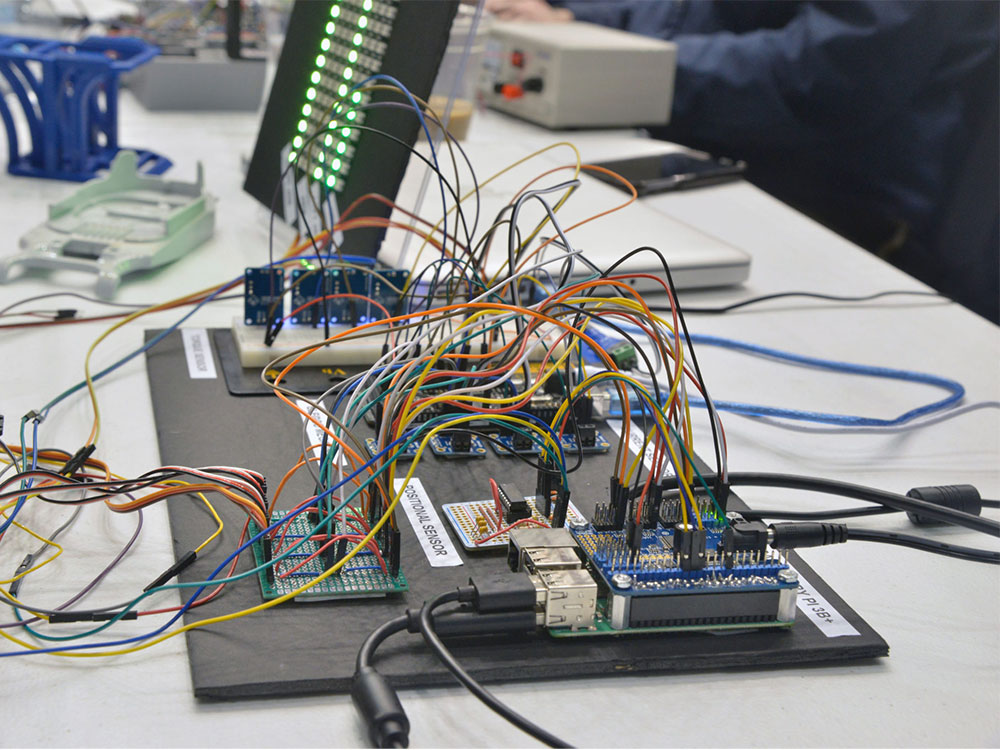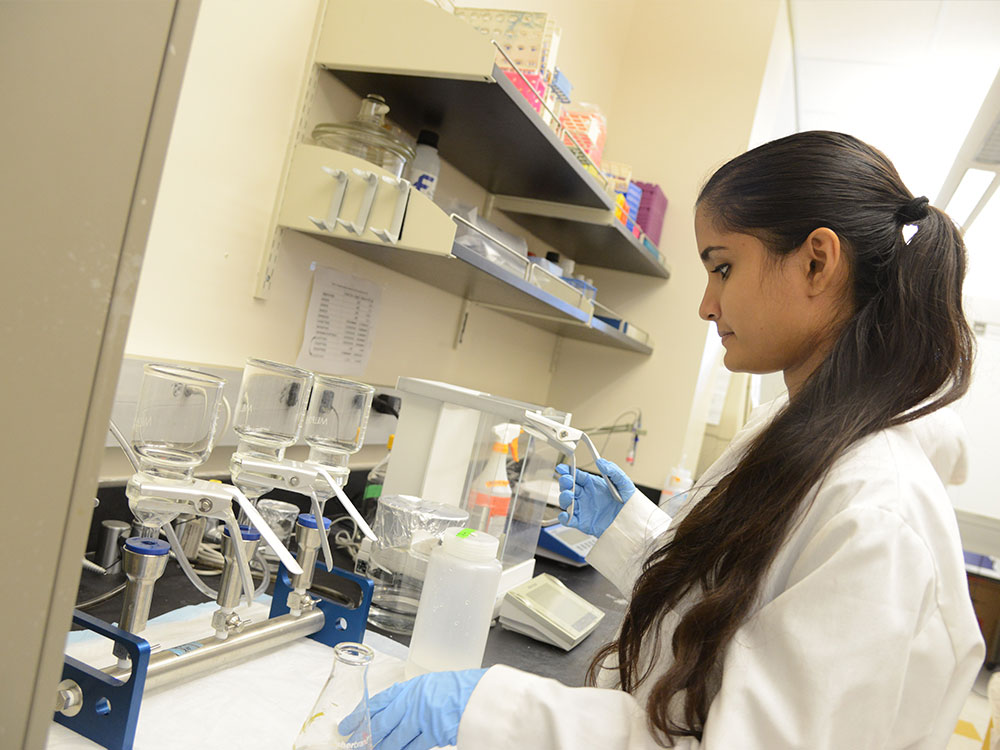Value of an Undergraduate Certificate
Are you interested in enhancing your studies with an undergraduate certificate? In addition to major areas of study, UTSA offers a variety of programs that provide valuable contributions to students' academic careers. While pursuing a certificate, students have the opportunity to explore personal interests and passions outside of their major program or complement their current major, helping them further stand out in the job market.
Why Pursue a Certificate in HVAC?
The HVAC industry is critical in manufacturing facilities, health care facilities, computer data centers, sporting facilities, schools, museums, residences and office building. Demand in HVAC is strong in a range of engineering career fields, especially in the hot-humid climate of South Texas. UTSA’s certificate in HVAC offers the fundamental engineering knowledge necessary for successful careers in the design, manufacture, selection, and/or installation of mechanical equipment that controls the built environment.

Apply Certificate Courses to Your Degree
One of the added benefits of the Certificate in HVAC is the ability to apply courses from this program to the BS in Mechanical Engineering*. Depending on program requirements, and with approval of the undergraduate advisor of record, you may be able to apply coursework taken for this certificate directly to your major area of study.
*This certificate is directed towards students earning a BS in Mechanical Engineering degree, but is open to engineering students pursuing a degree in similar disciplines.
Adding a Certificate
Add On a Certificate to Your Major
Approval is needed for students who are currently enrolled in a bachelor's degree program to add on this undergraduate certificate. To start the process, complete the Klesse College Undergraduate Certificate Program Enrollment Form to indicate your interest in enrolling in this certificate program. If you have questions, please contact the Certificate Program Advisor listed below.
Academic & Professional Organizations
Students are encouraged to be active in the UTSA student chapter and the professional chapters of American Society of Heating, Refrigerating and Air-Conditioning Engineers (ASHRAE), a global society advancing human well-being through sustainable technology for the built environment. ASHRAE and its members focus on building systems, energy efficiency, indoor air quality and sustainability within the industry.
Learn MoreThis certificate requires a total of 15 credit hours, including 3 hours of a required course and 12 hours of elective courses.
Required course: 3 hours
- Heat Transfer
Students can select 9-12 hours from the following elective courses:
- Thermal Systems Design
- Heating, Air Conditioning, & Refrigeration Design
- Power Plant System Design
- Special Studies in ME (SS in HVAC Controls)
- Special Studies in ME (SS in Refrigeration)
- Special Studies in ME (SS in Indoor Air Quality)
If only 3 courses are selected from above, then an additional 3 semester credit hours must be completed from the following list:
- Engineering Economic Analysis
- Alternative Energy Sources




